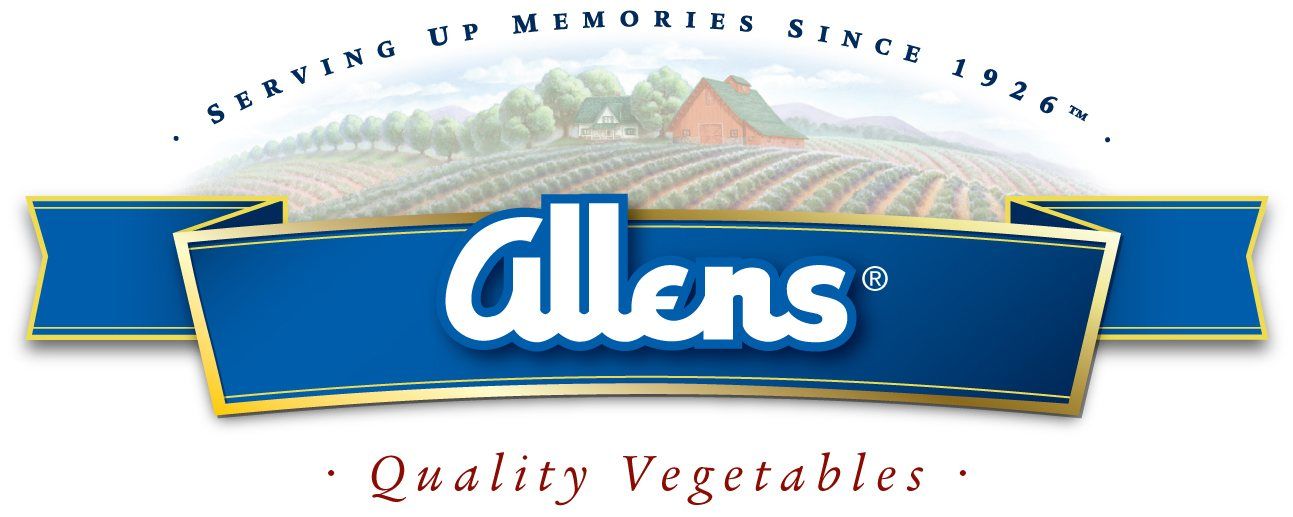 On February 2, 2015, the U.S. Bankruptcy Court for the Western District of Arkansas issued an order denying the PACA claim of an appetizer company that sought PACA trust protection for breaded jalapenos with cheddar cheese, spicy breaded pickle slices, fried green tomatoes, and battered corn nuggets. See 5:13-bk-73597 at [D.E. 1294]. The trial on this issue took two days and involved expert witnesses for both sides. The central objection at issue in this order was the debtors’ objection that the goods sold to Allens, Inc. were not perishable agricultural commodities entitled to PACA trust protection under 7 U.S.C. § 499a(b)(4), which also considered the application of 7 C.F.R. § 46.2(u) and 7 C.F.R. § 46.2(v).
On February 2, 2015, the U.S. Bankruptcy Court for the Western District of Arkansas issued an order denying the PACA claim of an appetizer company that sought PACA trust protection for breaded jalapenos with cheddar cheese, spicy breaded pickle slices, fried green tomatoes, and battered corn nuggets. See 5:13-bk-73597 at [D.E. 1294]. The trial on this issue took two days and involved expert witnesses for both sides. The central objection at issue in this order was the debtors’ objection that the goods sold to Allens, Inc. were not perishable agricultural commodities entitled to PACA trust protection under 7 U.S.C. § 499a(b)(4), which also considered the application of 7 C.F.R. § 46.2(u) and 7 C.F.R. § 46.2(v).
The Court’s decision re-affirms the fact that “PACA extends protection to ‘fresh’ fruits and vegetables only” and, in “addition to being fresh, the fruits and vegetables in question cannot be manufactured into ‘articles of food of a different kind or character.” This case is very important to the produce industry because the case law in this area is very light and the cases that do address the topic of when fresh/frozen produce is manufactured into a food of a different kind or character are severely lacking in discussion. Judge Ben Barry’s decision provides the industry with detail and real guidance. As a direct result, Judge Barry’s order is positioned to be the leading case on this topic.
Specifically, Judge Barry set forth a detailed discussion in support of his finding that the products were manufactured into a food of a different kind or character based on changes to the product’s appearance, texture, flavor, and nutritional profile. The Debtors’ expert witness, Dr. Gilliam Dagan of ABC Research Laboratories, testified that the appetizer company’s “manufacturing process introduced wheat and dairy allergens and fat (including saturated fat)” into the products that “did not exist in the native jalapenos, tomatoes, cucumbers, or corn.” In addition, the Court found that the application of dry coatings (breading) “added a significant amount of carbohydrates.”
The Court also took a hard look at the individual manufacturing processes (when separated into individual steps and viewed in isolation) and addressed the argument that because no single step constitutes a per se violation of PACA the finished good is entitled to PACA trust protection. Overruling this argument, the Court held that process taken together did in fact change the kind or character of the food.
Lastly, the Court rejected the argument that breading is synonymous with battering and coating. In so holding, the Court noted that the breading process in this case was “not comparable in either form or effect.” This ruling provides much needed industry guidance to both buyers and sellers of fruit or vegetable based manufactured food products. Similarly, the banking industry now has better guidance for assessing the impact of potential PACA claims against borrowers.


 As reported by The Packer on October 9, 2014, a civil action filed against the USDA in the Eastern District of Michigan – seeking both injunctive and declaratory relief – resulted in the USDA’s closure of its investigation of Mucci Pac USA. Specifically, Mucci Pac and the USDA entered into a stipulation and agreed that Mucci Pac does not buy or sell produce. As such, the USDA agreed that Mucci Pac does not need to maintain a PACA license and is not subject to PACA. The U.S. District Court ratified the stipulated agreement and closed the case. See
As reported by The Packer on October 9, 2014, a civil action filed against the USDA in the Eastern District of Michigan – seeking both injunctive and declaratory relief – resulted in the USDA’s closure of its investigation of Mucci Pac USA. Specifically, Mucci Pac and the USDA entered into a stipulation and agreed that Mucci Pac does not buy or sell produce. As such, the USDA agreed that Mucci Pac does not need to maintain a PACA license and is not subject to PACA. The U.S. District Court ratified the stipulated agreement and closed the case. See 
 As the produce industry follows the fate of Eric and Ryan Jensen many articles and commentary have surfaced in support of the brothers Jensen. However, these articles and commentary all focus around a significant misconception about the government’s burden of proof. Specifically, the general misconception is that the U.S. Attorney’s Office must prove or otherwise show intent on the part of the Jensen brothers to obtain a criminal conviction.
As the produce industry follows the fate of Eric and Ryan Jensen many articles and commentary have surfaced in support of the brothers Jensen. However, these articles and commentary all focus around a significant misconception about the government’s burden of proof. Specifically, the general misconception is that the U.S. Attorney’s Office must prove or otherwise show intent on the part of the Jensen brothers to obtain a criminal conviction.  On September 30, 2013, Fresh & Easy Neighborhood Market, Inc. filed for chapter 11 bankruptcy protection in the District of Delaware and was assigned case number 13-12569. The Debtor’s voluntary petition estimates: (i) between 10,000 and 25,000 creditors; (ii) holding assets valued between $100 million and $500 million, and; (iii) liabilities between $500 million and $1 billion dollars. This case was assigned to Judge Kevin J. Carey.
On September 30, 2013, Fresh & Easy Neighborhood Market, Inc. filed for chapter 11 bankruptcy protection in the District of Delaware and was assigned case number 13-12569. The Debtor’s voluntary petition estimates: (i) between 10,000 and 25,000 creditors; (ii) holding assets valued between $100 million and $500 million, and; (iii) liabilities between $500 million and $1 billion dollars. This case was assigned to Judge Kevin J. Carey. The Official Committee of Unsecured Creditors in the Pro’s Ranch Markets’ bankruptcy case recently retained Freeborn’s Bankruptcy and Financial Restructuring Group to help maximize their recovery in this Chapter 11 case. Specifically, Freeborn possesses considerable experience representing official committees of unsecured creditors in chapter 11 cases involving retail grocers, food service companies, and food distribution companies. Because the attorneys in Freeborn’s Food Industry Team routinely represent these same types of food industry clients, we are highly familiar with the issues affecting both debtors and creditors in this space. This allows Freeborn to be incredibly effective when it comes to maximizing value for creditors.
The Official Committee of Unsecured Creditors in the Pro’s Ranch Markets’ bankruptcy case recently retained Freeborn’s Bankruptcy and Financial Restructuring Group to help maximize their recovery in this Chapter 11 case. Specifically, Freeborn possesses considerable experience representing official committees of unsecured creditors in chapter 11 cases involving retail grocers, food service companies, and food distribution companies. Because the attorneys in Freeborn’s Food Industry Team routinely represent these same types of food industry clients, we are highly familiar with the issues affecting both debtors and creditors in this space. This allows Freeborn to be incredibly effective when it comes to maximizing value for creditors. On Mary 30, 2013, Tom Karst of The Packer published an article discussing the Pro’s Ranch Markets bankruptcy case and the $7.2 million dollars in anticipated PACA trust claims. Here is a link to Tom Karst’s article:
On Mary 30, 2013, Tom Karst of The Packer published an article discussing the Pro’s Ranch Markets bankruptcy case and the $7.2 million dollars in anticipated PACA trust claims. Here is a link to Tom Karst’s article: 
